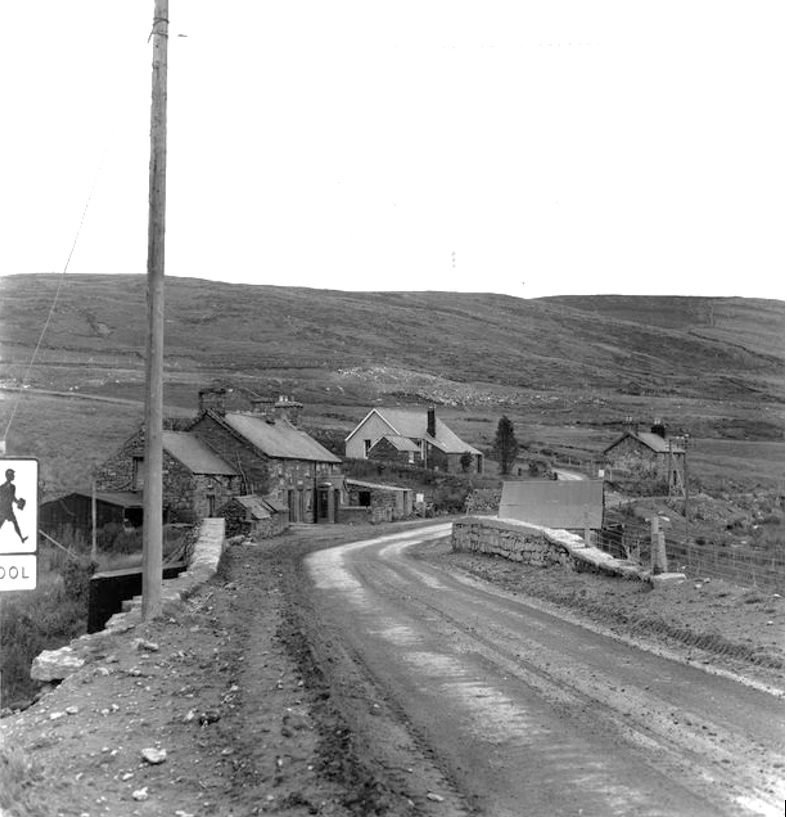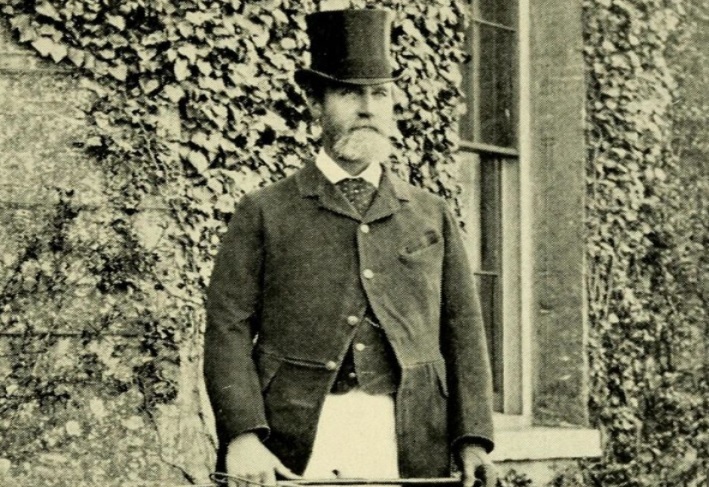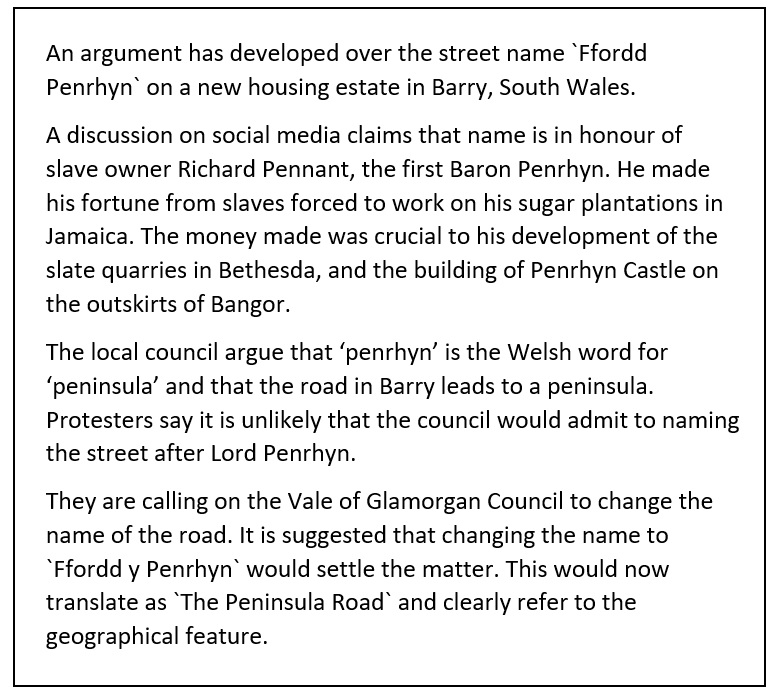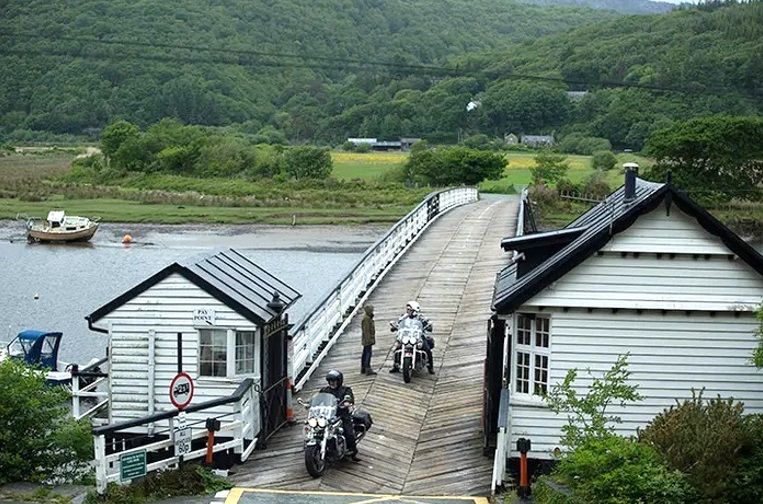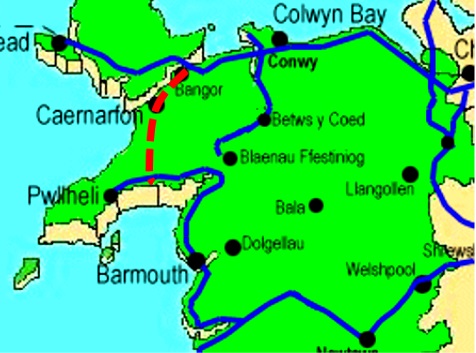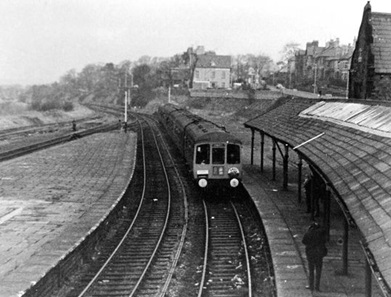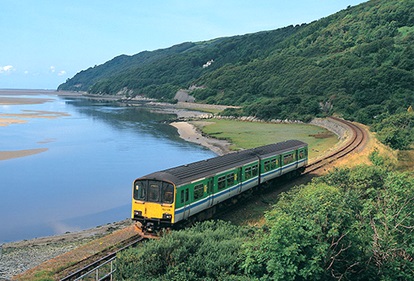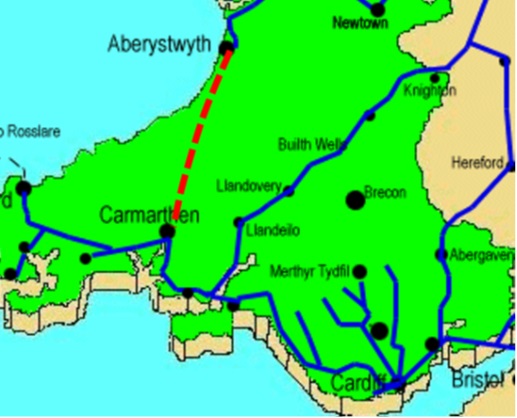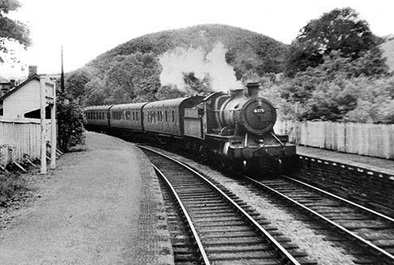Prepositions are words linking parts of a sentence to indicate the relationship to one another. Examples are:
The box was in the cupboard. (indicating a position)
He met his friends after the football match. (indicating a time)
She spoke to the manager. (indicating a person)
In Welsh, many common verbs are often followed by particular prepositions. In this section we give examples for some verbs beginning with letters A - Ff.
In the next session 14, we will give examples for verbs beginning with the remaining letters of the alphabet.
It is important to note that there may not be a direct word-for-word translation between English and Welsh.
For example: the English word 'of ' is often translated into Welsh as the word 'o', but a correct translation may require some other preposition.
adrodd am/wrth;
Gwnaethon ni adrodd am y digwyddiad wrth yr heddlu.
We reported the incident to the police.
anghofio am;
Roeddwn i wedi anghofio am y cyfarfod.
I had forgotten about the meeting.
amddiffyn rhag;
Gwnaethon ni amddiffyn ein tŷ rhag y storm.
We protected our house from the storm.
anfon at/i;
Anfonodd y cwmni holiadur at y staff.
The company sent a questionnaire to the staff. (to a person)
Anfonais gais i'r coleg.
I sent an application to the college. (to an organisation)
apelio at/ar;
Apeliodd at Mr Jones ar ran ei mab.
She appealed to Mr Jones on behalf of her son.
atal rhag;
Rhaid i ni atal ceir rhag goryrru trwy'r pentref.
We must stop cars speeding through the village.
benthyca oddi ar/gan/o;
Benthycodd yr arian oddi ar ei rieni.
Benthycodd yr arian gan ei rieni.
He borrowed the money from his parents. (from a person)
Gwnaethon ni fenthyg y llyfrau o'r llyfrgell.
We borrowed the books from the library. (from an organisation)
cadw rhag/at;
Cadwch y llaeth rhag cynhesu gormod.
Keep the milk from getting too warm.
Cadwch at y palmant trwy'r pentref.
Keep to pavement through the village.
cael gan/o;
Cefais lythyr gan fy ffrind o'r Eidal.
I had a letter from my friend from Italy.
caniatŠu i;
Maen nhw'n caniatŠu i bobl ymweld ā'r gerddi.
They allow people to visit the gardens
clywed am/gan
Clywais am y ddamwain gan yrrwr y bws.
I heard about the accident from the bus driver.
cofio am/at
Cofiais am brynu'r tocynnau.
I remembered about buying the tickets.
Cofiwch fi at un sy'n byw yno.
Remember me to one who lives there.
credu mewn/am
Mae'n credu mewn trin pobl yn deg.
He believes in treating people fairly.
Ydych chi'n credu'r stori am y bwgan?
Do you believe the story about the ghost?
